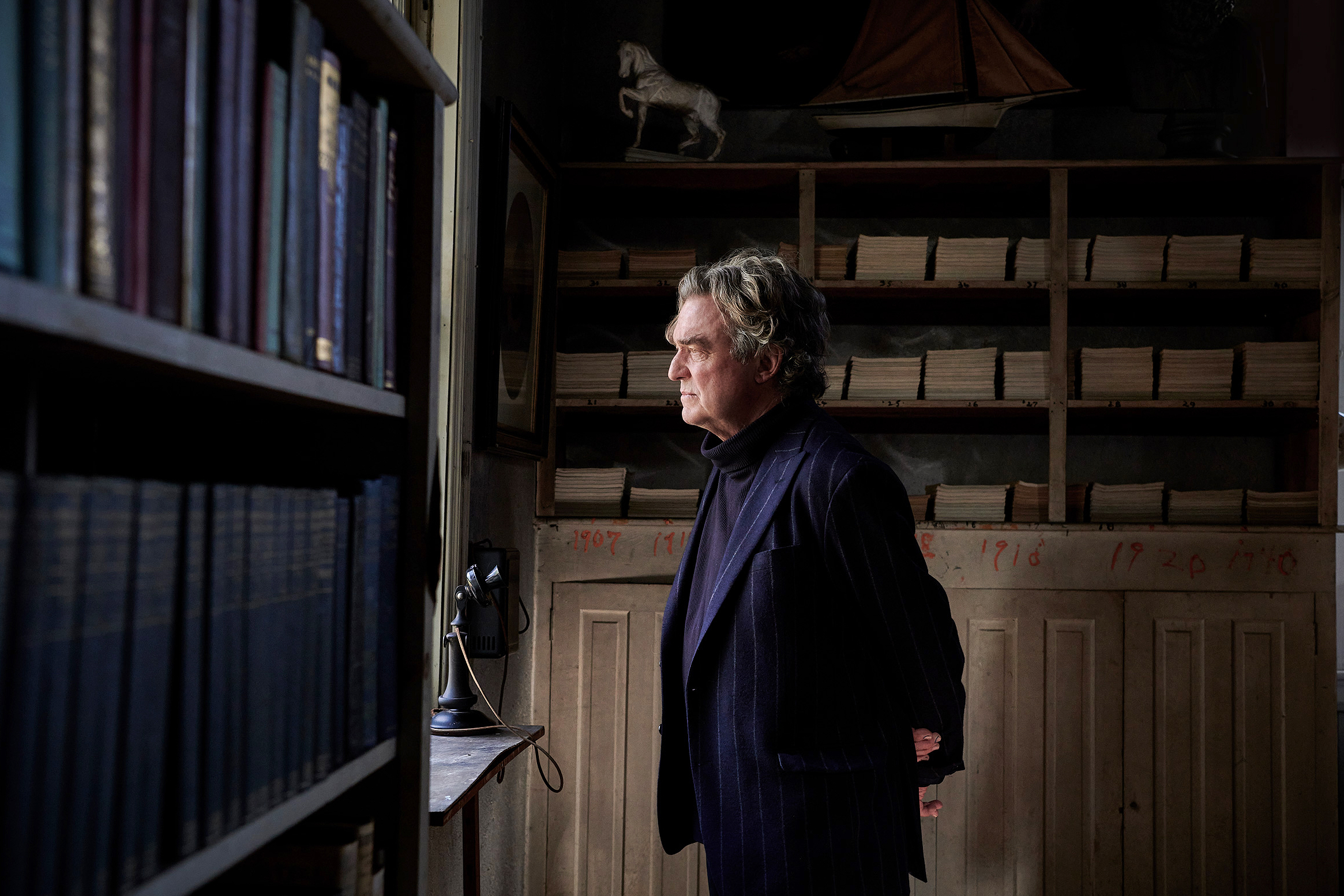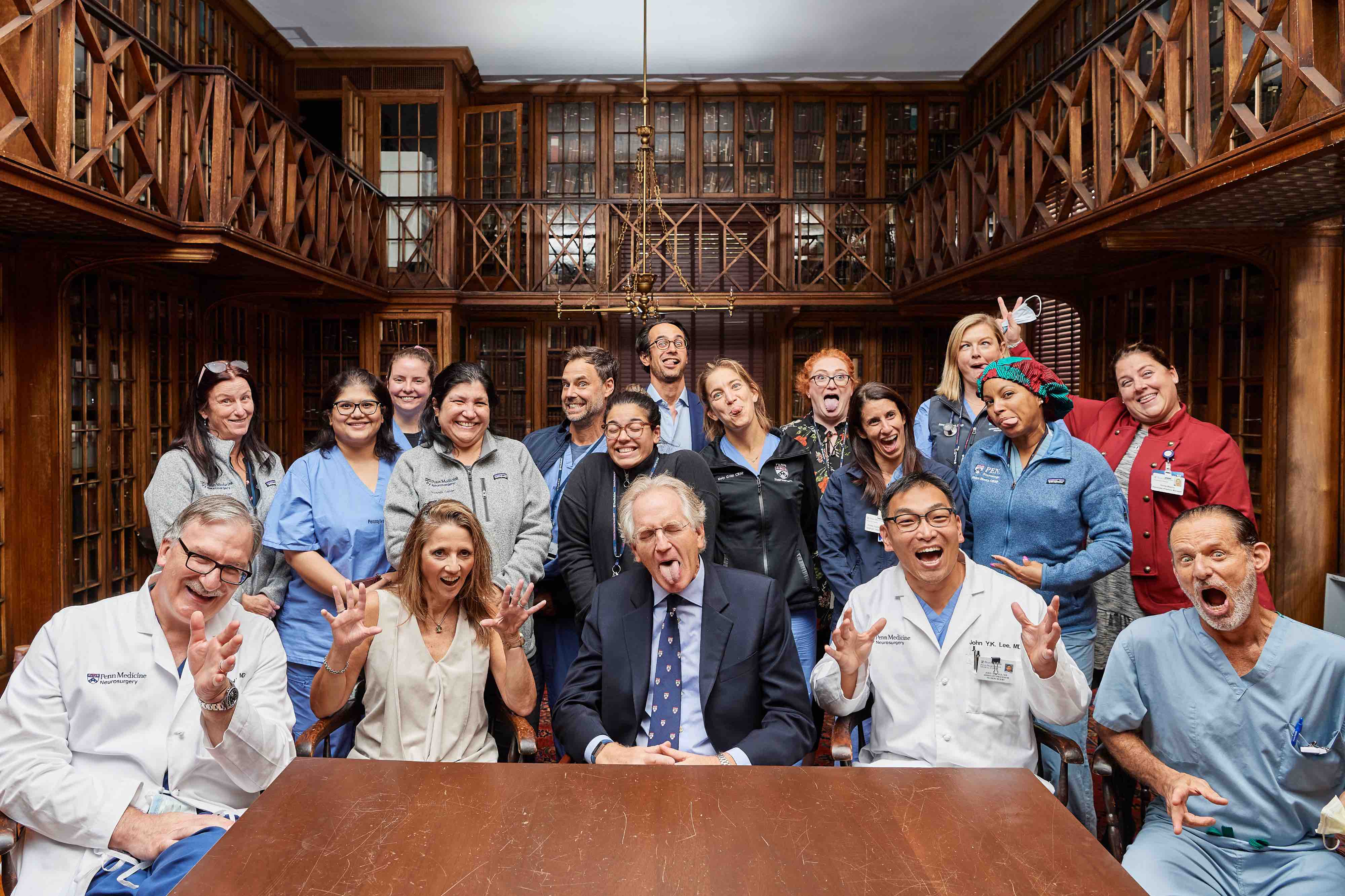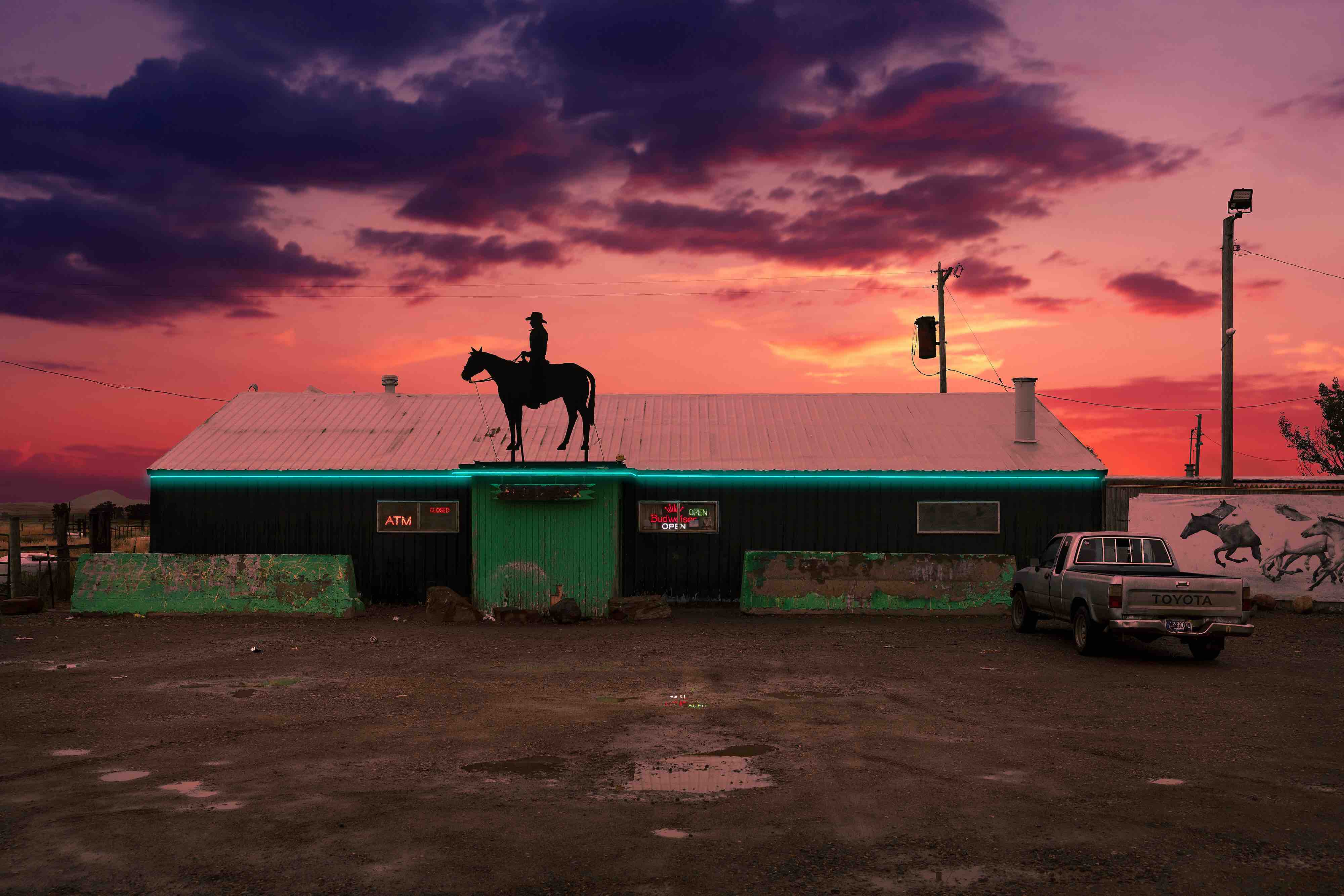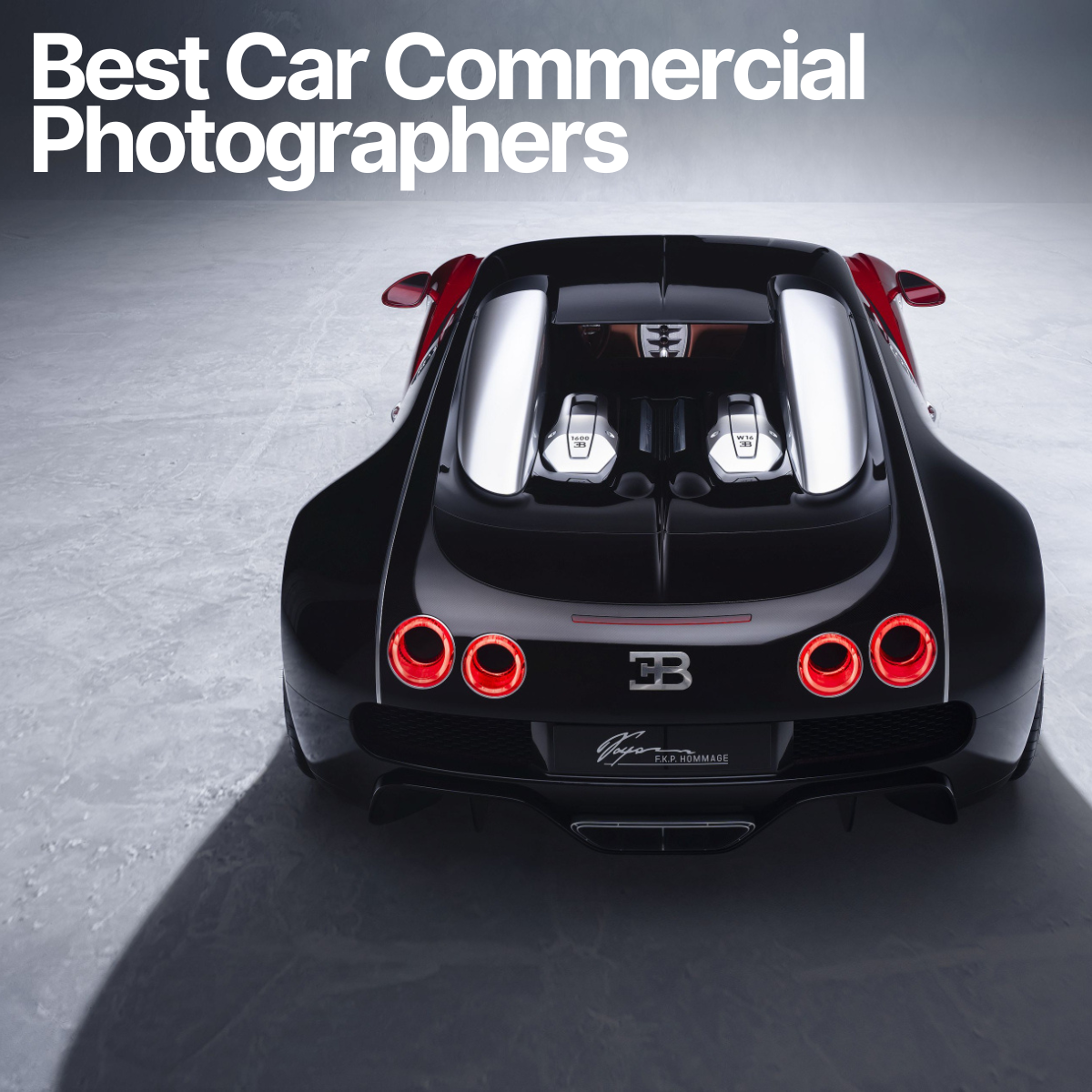Photography has had a long-standing description as both art and craft, but to some, it is life. We trace the journey of Ed Cunicelli, whose work has been shaped by the haunting realism of Andrew Wyeth, the mentorship of Antonin Kratochovil, and decades of shifting from surface inspiration to emotionally spawned narrative. From brokering the complexities of client relationships to illuminating moments of deep humanity in history, his observations highlight the persistence, humility, and passion needed to be successful in this exacting line of work.
You allude to Andrew Wyeth being one of your earliest inspirations. Do you think that this connection was inevitable, or had you found another artist’s work in your childhood home, would the style of your photography today look very different?
I’m sure it was his work in particular that inspired me because I was relating to all of the qualities which make him a great artist: his exacting method, slightly abstracted from reality the way a b&w photo can be, and his paintings made me feel something.
Outside of inspirations, did you have any mentors who shaped your development?
Antonin Kratochovil was the first person who encouraged me to go deeper, look beyond the surface and make yourself feel uncomfortable.

In what ways has your style evolved over the years?
I went from being inspired by the way a photo could look on the surface, not necessarily what was behind the photo itself, and I’ve evolved into using photography as a way to make emotional impact.
Do you have a signature style that translates into all your work, and if so, how would you define it?
My style is simple and honest, centring the subject as most important and not my abilities.
What is your approach to building lasting client relationships?
Since it’s a relationship, I see my role as being a trusted steward of the brand, someone who’s deeply committed to helping tell their story in the best way possible. That means being relentless on their behalf and always starting by listening closely to what they truly need from me.

What’s the biggest misunderstanding people have in relation to your job?
I think a lot of people think it’s just taking photos. For me, it's a lifestyle and a 24-hour obsession as a photographer, an accountant, a marketing expert, a purchasing expert etc.
With the idea of Wyeth’s art translating into photography for you, do you believe AI can be the next step of that progression, or is it the death of creativity?
I believe AI is an amazing tool when the creative idea is solid, but I do have serious concerns it could devalue original traditional photography as a dated process.
What advice would you give to emerging photographers?
Stick to your beliefs, pursue what you value in photography, always expand your knowledge base and try and pursue personal work as much as possible. Diversify and challenge your abilities in workshops, critiques and lectures. This business can be very humbling, so it’s good to create a community within your business.
Is there a particular image or series you're most proud of?
A few come to mind: a series of black and white photos I made of kids under 12 living with HIV/AIDS, and most recently I documented the Covid Pandemic one month in while inside a major city hospital. I was free to roam in the midst of the chaos and hopelessness behind the curtain and capture whatever I wanted.
07201700229_0406.jpg)
How do you price your work fairly?
I ask a lot of questions to fully understand every stage, from pre-production to execution, ensuring clarity and alignment from the start. I never cut crew rates, but I’m flexible within my own fee when needed. I recognise that regional budgets differ from national ones and often recommend licensing as a cost-effective solution for certain types of imagery. My focus is on delivering the best service possible, and over time, I’ve developed a strong sense for the give-and-take that comes with fair negotiation. Some of the most creatively fulfilling projects come with lower budgets, and I’ve learned there are many ways to feel well compensated beyond just numbers.
Which part of the Production Paradise service have you found most useful or effective?
I love the way Production Paradise organises everything into clear, simple categories. It makes browsing easy without feeling overwhelming. I also love the size and presentation of the images. The Spotlight Magazine, Showcase Magazine, and Spotlight Awards all seem like great opportunities to get your work in front of potential buyers. The site runs smoothly, loads quickly, and offers the flexibility to use it as much or as little as you like.
WEB_-995.jpg)
Along the way, it's become clear that photography is not just snapping photos, it’s about relentless questioning, emotional authenticity, and creating true connections with clients and subjects. Capturing children who have HIV/AIDS, the frontline chaos of the Covid-19 era, or working with brands to tell authentic stories, the philosophy is the same: simplicity, honesty, and service to others. With deep reverence for tradition but also an acceptance of new technologies such as AI, Ed's vision is both stabilizing and inspiring for up-and-coming photographers. And in the end, the message is simple; stay true to yourself, remain humble, and never give up on your art.
We thank Ed for taking the time to share his insights and experiences with us, it's been a pleasure. You can see more of his work on Production Paradise and his website.
If this article was of interest to you and you want to read more interviews from our members click here

%20(2100%20x%20405%20px).png)


